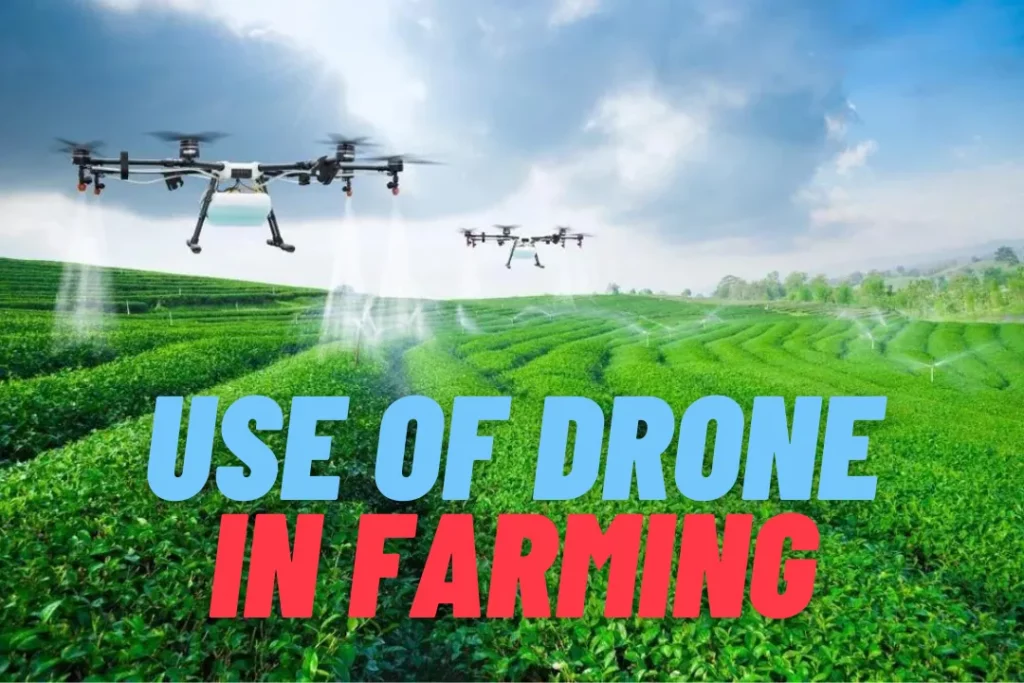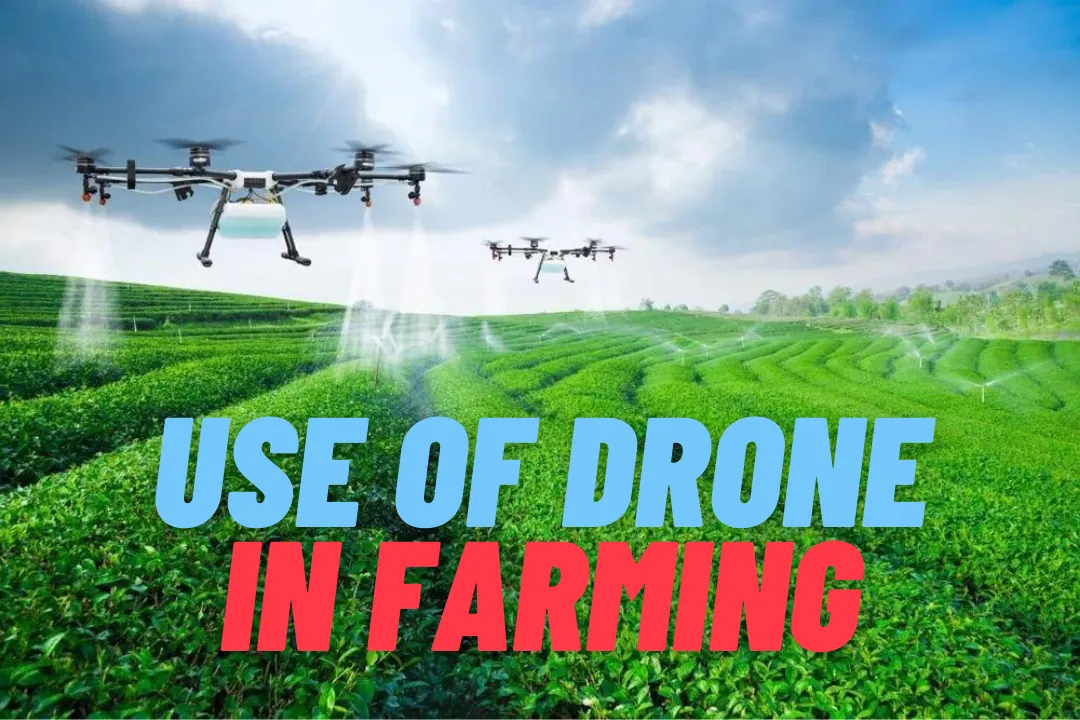
Introduction
Table of Contents
In recent years, the agricultural industry has witnessed a significant transformation with the advent of advanced technologies. One such innovation that has revolutionized farming practices is the utilization of drones. These unmanned aerial vehicles (UAVs) equipped with cutting-edge sensors and imaging systems offer farmers unprecedented opportunities to enhance productivity, efficiency, and sustainability. In this article, we will explore the various applications of drones in agriculture and shed light on their immense potential to reshape the farming landscape.
The Benefits of Drones in Farming
Drones have emerged as valuable tools for modern agriculture, providing a wide array of benefits to farmers.
Firstly
they enable the collection of real-time data, allowing farmers to monitor crops, soil conditions, and irrigation needs more effectively. With high-resolution cameras and multispectral sensors, drones can capture detailed images of fields, providing insights into crop health, growth patterns, and areas affected by pests or diseases.
Secondly
drones aid in precision agriculture by facilitating targeted interventions. By analyzing the collected data, farmers can precisely identify areas requiring fertilization, pesticide application, or water management. This targeted approach helps reduce resource wastage and minimize environmental impact.
Applications of Drones in Farming
1. Crop Monitoring and Management
Drones equipped with specialized sensors, such as thermal and multispectral cameras, enable farmers to monitor crop health, detect early signs of stress, and identify nutrient deficiencies. This data can be used to optimize fertilization, irrigation, and disease management strategies, resulting in healthier and higher-yielding crops.
2. Precision Spraying
With the ability to precisely target specific areas, drones equipped with spraying systems can efficiently deliver fertilizers, pesticides, and herbicides. This method minimizes chemical usage, reduces operational costs, and avoids unnecessary exposure to harmful substances for farmers.
3. Livestock Monitoring
Drones equipped with thermal imaging cameras can monitor livestock herds, allowing farmers to detect and respond promptly to signs of distress or disease. This helps ensure animal welfare and early intervention, leading to healthier livestock and improved productivity.
4. Irrigation Management
By capturing data on soil moisture levels and plant water stress, drones assist farmers in optimizing irrigation schedules. This promotes water conservation, prevents over- or under-watering, and maximizes crop growth.
5. Crop Mapping and Surveying
Drones equipped with GPS and mapping technology enable farmers to create precise, high-resolution maps of their fields. These maps aid land surveying, soil analysis, and crop yield estimation. Furthermore, they facilitate the identification of potential drainage issues or soil erosion, allowing farmers to implement proactive measures.
Regulatory Considerations and Future Outlook
As drones become increasingly integrated into farming practices, it is essential to address regulatory considerations. Governments worldwide are developing guidelines and regulations for drone operations, ensuring safety, privacy, and responsible use.
Looking ahead, the future of drones in agriculture appears promising. Technological advancements continue to enhance the capabilities of drones, making them more efficient, autonomous, and user-friendly. Artificial intelligence and machine learning algorithms are being integrated into drone systems, enabling them to analyze vast amounts of data and provide actionable insights for farmers.
Conclusion
Drones have revolutionized farming by offering various applications that increase efficiency, productivity, and sustainability. From crop monitoring and precision spraying to livestock management and irrigation optimization, drones provide invaluable data-driven insights that empower farmers to make informed decisions.
As technology advances and regulatory frameworks evolve, drones will undoubtedly play an even more significant role in transforming the agriculture industry. Embracing this innovative tool can lead to a brighter and more sustainable future for farmers worldwide.

